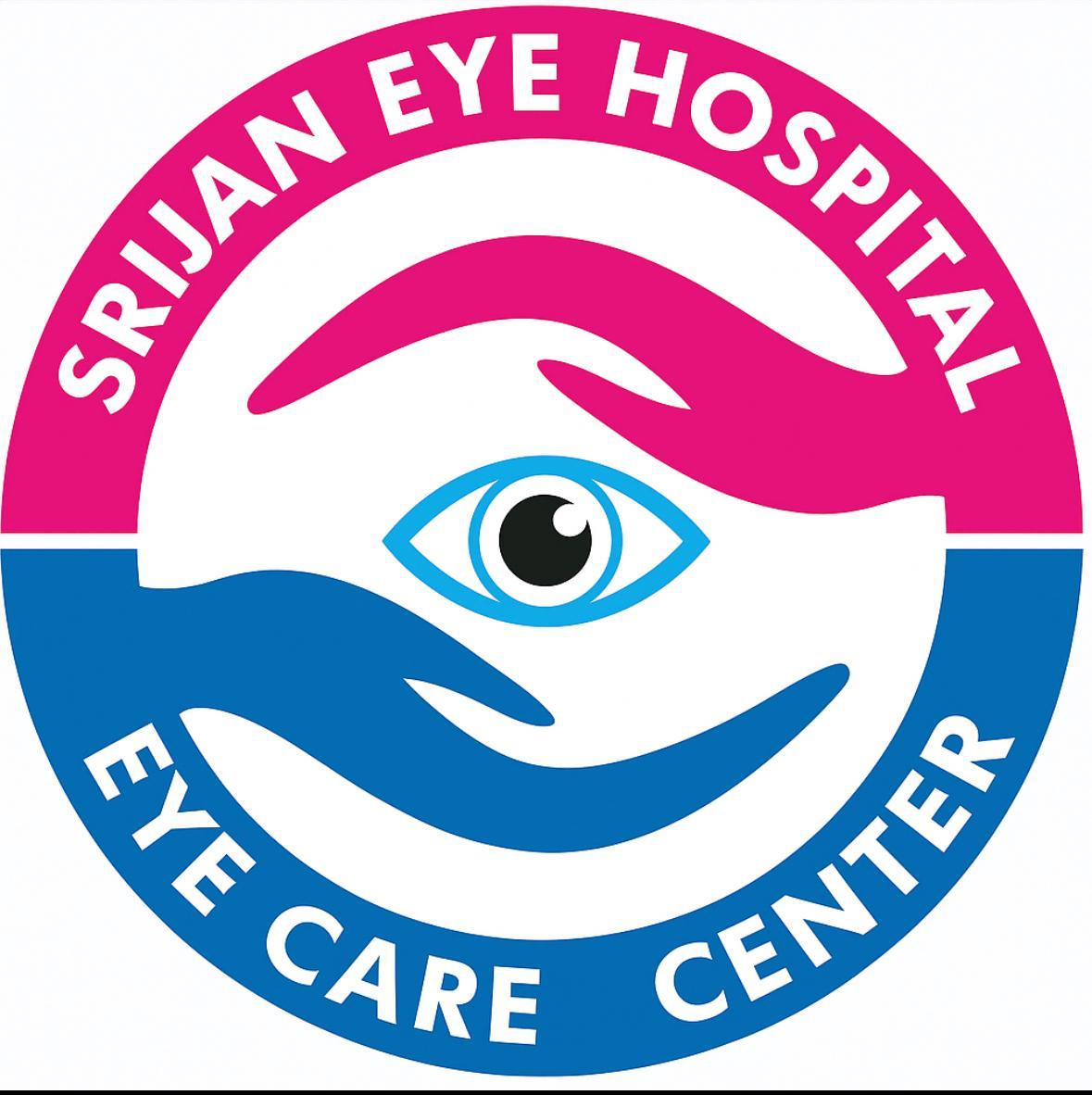Uveitis is a complex and potentially sight-threatening condition characterized by inflammation of the uvea, the middle layer of the eye.
Effective management of uveitis requires a multi-faceted approach that addresses inflammation control, symptom relief, and preservation of vision.
Treatment Options
1. Corticosteroid Eye Drops
Corticosteroid eye drops are often the first line of treatment for uveitis. These medications work by reducing inflammation and suppressing the immune response in the eye. Eye drops allow for direct delivery of the medication to the affected area, providing targeted relief while minimizing systemic side effects. It’s crucial to follow the prescribed dosage and frequency as excessive use can lead to complications such as increased eye pressure (glaucoma) and cataract formation.
2. Oral Medications
In cases of more severe or persistent uveitis, oral medications such as corticosteroids or non-steroidal anti-inflammatory drugs (NSAIDs) may be prescribed. Oral medications can provide systemic anti-inflammatory effects and may be used alone or in combination with other treatments. However, long-term use of oral corticosteroids carries the risk of systemic side effects, including weight gain, hypertension, and osteoporosis, so close monitoring is necessary.
3. Immunosuppressive Therapy
For individuals with refractory or recurrent uveitis, immunosuppressive therapy may be indicated to modulate the immune system and prevent inflammatory flare-ups. Medications such as methotrexate, azathioprine, and mycophenolate mofetil are commonly used in combination with corticosteroids to achieve long-term control of uveitis. Close monitoring of blood counts, liver function, and renal function is essential while on immunosuppressive therapy to detect and manage potential side effects.
4. Biologic Agents
Biologic agents, such as tumor necrosis factor (TNF) inhibitors and interleukin (IL) inhibitors, have emerged as promising treatment options for certain types of uveitis, particularly those associated with autoimmune diseases like rheumatoid arthritis and ankylosing spondylitis. These medications target specific components of the immune system involved in the inflammatory process, providing targeted therapy with potentially fewer systemic side effects compared to traditional immunosuppressive agents.
Management Strategies
1. Regular Follow-Up Appointments
Consistent monitoring of uveitis is essential to assess treatment response, detect disease activity, and identify potential complications. Ophthalmologists typically recommend regular follow-up appointments, especially during the initial stages of treatment, to adjust medication dosages and evaluate disease progression. As uveitis can be chronic and recurrent, long-term monitoring is necessary to maintain disease control and prevent vision loss.
2. Monitoring for Potential Complications
Uveitis can lead to various ocular complications, including cataracts, glaucoma, macular edema, and retinal detachment. Regular eye examinations, including measurement of intraocular pressure and assessment of retinal health, are crucial for early detection and prompt management of these complications. Timely intervention can help preserve vision and minimize the impact of uveitis on overall eye health.
3. Lifestyle Modifications
Certain lifestyle factors may influence the course of uveitis and its response to treatment. Patients are encouraged to adopt healthy habits such as quitting smoking, maintaining a balanced diet, and managing stress to support overall ocular health and immune function. Additionally, protecting the eyes from environmental irritants and ultraviolet (UV) radiation by wearing sunglasses and avoiding prolonged exposure to sunlight can help reduce the risk of uveitis flare-ups.
Uveitis requires a comprehensive treatment approach aimed at reducing inflammation, relieving symptoms, and preserving vision.
With the wide range of treatment options available, including corticosteroid eye drops, oral medications, immunosuppressive therapy, and biologic agents, individuals with uveitis can achieve long-term disease control and maintain a good quality of life.
Additionally, regular follow-up appointments, monitoring for potential complications, and lifestyle modifications play crucial roles in the successful management of uveitis and the preservation of eye health.
By adhering to treatment recommendations, individuals with uveitis can effectively manage their condition and enjoy optimal visual outcomes.




